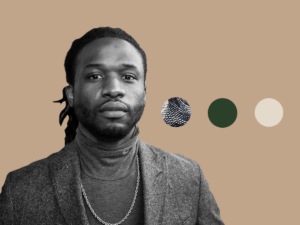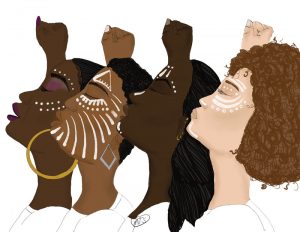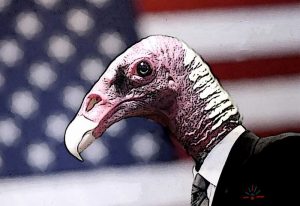September 20, 2016; Poynter
The foundation-based parent of Philadelphia’s two newspapers—an audacious experiment in the viability of nonprofit daily newspaper publishing—has a new CEO, reports the journalism website Poynter.
After a nine-month search, the Institute of Journalism in New Media in Philadelphia, set up by local philanthropist Gerry Lenfest as a holding company for the city’s two dailies, announced that media consultant and venture capitalist Jim Friedlich would be its executive director. He is a former executive at the Wall Street Journal and an investor in various media, including Business Insider. He has never been a practicing reporter or editor.
The institute bought Friedlich’s consulting firm at the same time and plans to turn it into a revenue-producing subsidiary. In addition to the two papers and their digital sites, the institute plans to develop strategies and projects to help the newspaper industry transition to digital business models in the wake of the decline of print media.
Lenfest told Poynter he hired Friedlich because he saw him and his consulting business “doing what we consider the work of the institute.” Friedlich is considered a behind-the-scenes player in digital ventures and newsroom makeovers, including those at the two Philly papers, the Inquirer and Daily News.
Friedlich also consulted on a “start-from-scratch remake” of news operations at the Dallas Morning News. Its editor called him the “Obi-Wan Kenobi of our newsroom reorganization, patiently helping us see what a truly digital-first newsroom could be and do,” adding that he has the “perfect background and temperament to run the new institute. The whole industry will benefit from his clear vision and gentle style.”
Sign up for our free newsletters
Subscribe to NPQ's newsletters to have our top stories delivered directly to your inbox.
By signing up, you agree to our privacy policy and terms of use, and to receive messages from NPQ and our partners.
The Dallas and Philly papers are typical metropolitan dailies pummeled by falling revenues, newsroom cuts, and a traditional print structure that have caused them to fail to adapt successfully to the digital era. The institute’s goal is to develop replicable transformation practices.
Friedlich’s approach is to divide the needed changes into distinct areas and then pull together teams to work on them, investing in new platforms and products, and supporting technology and big journalism projects. His goals are similar to those of the Knight Foundation’s Table Stakes project to help legacy newsrooms with digital transformation.
That said, Poynter says “there is no quick cure in prospect for the revenue problems at the Philadelphia Media Network.” Lenfest gave the institute $20 million when it was established, while another Philadelphia foundation has donated $5 million, with more to come—the goal is to raise $100 million. It supports the two newspapers with narrow grants to fund public interest news coverage and create new products and business models.
Poynter speculates that the institute is taking the same approach as Jeff Bezos at the Washington Post, providing the financial flexibility to spread the turnaround over several years.
Friedlich told Poynter that he is “very optimistic about the future of news. There is rampant reinvention going on in news organizations around the world, and that’s reason for cheer.”—Larry Kaplan













